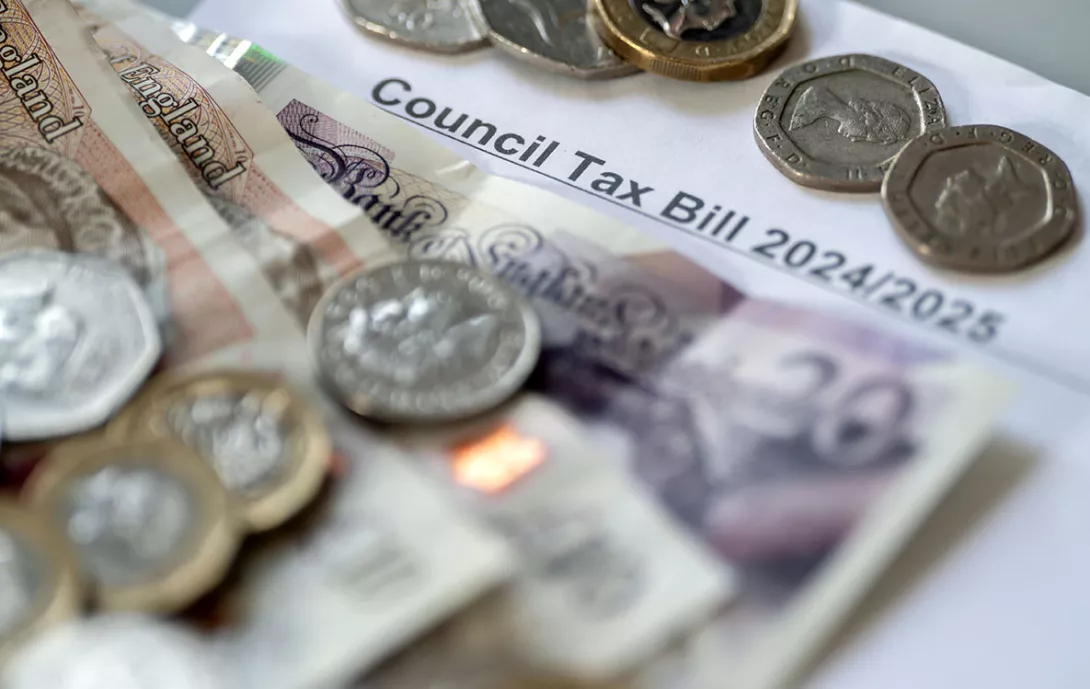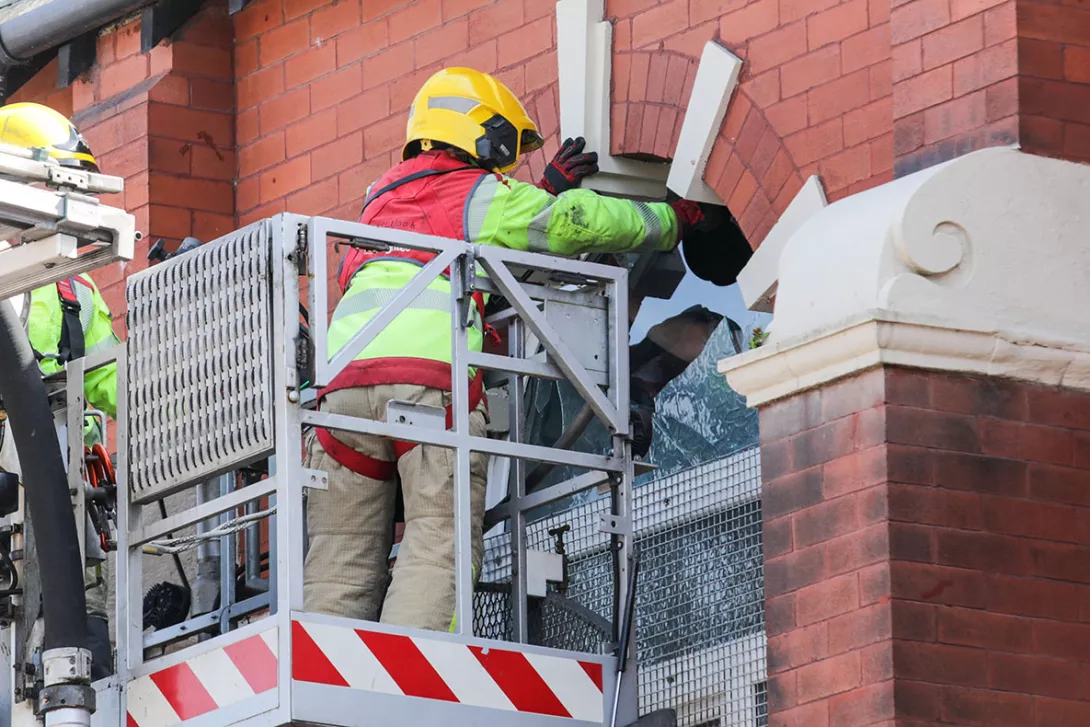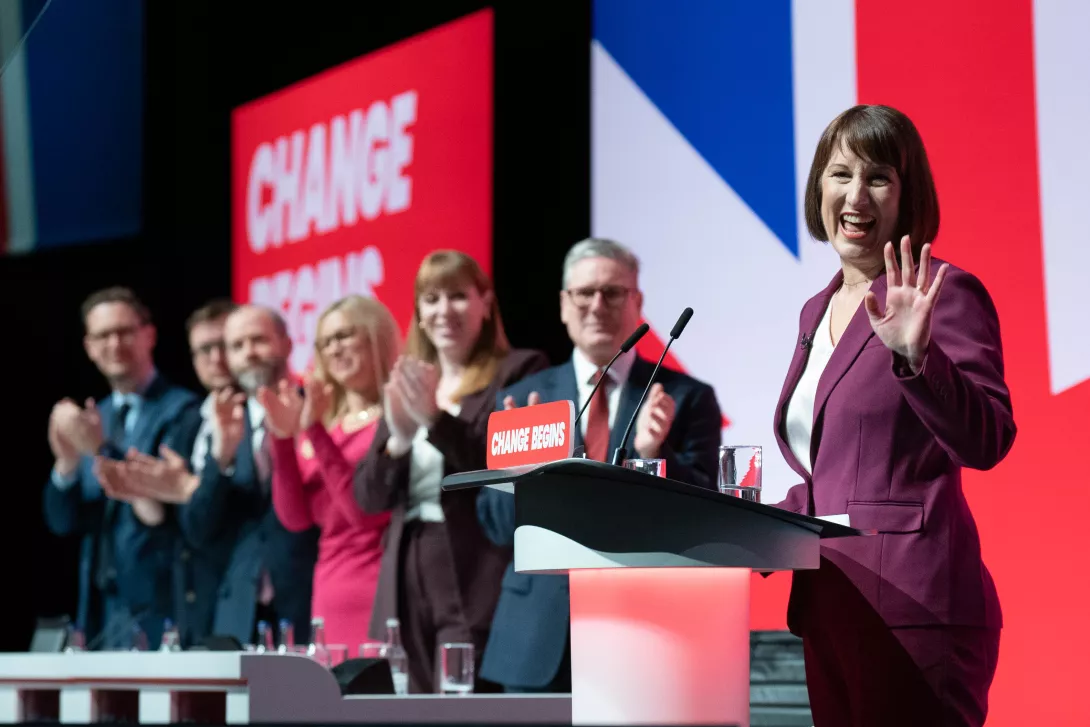‘The wealthy will be supported by Labour. The vulnerable will not’
Campaigners accuse Chancellor Rachael Reeves of prolonging the era of austerity after heralding in a new raft of cuts
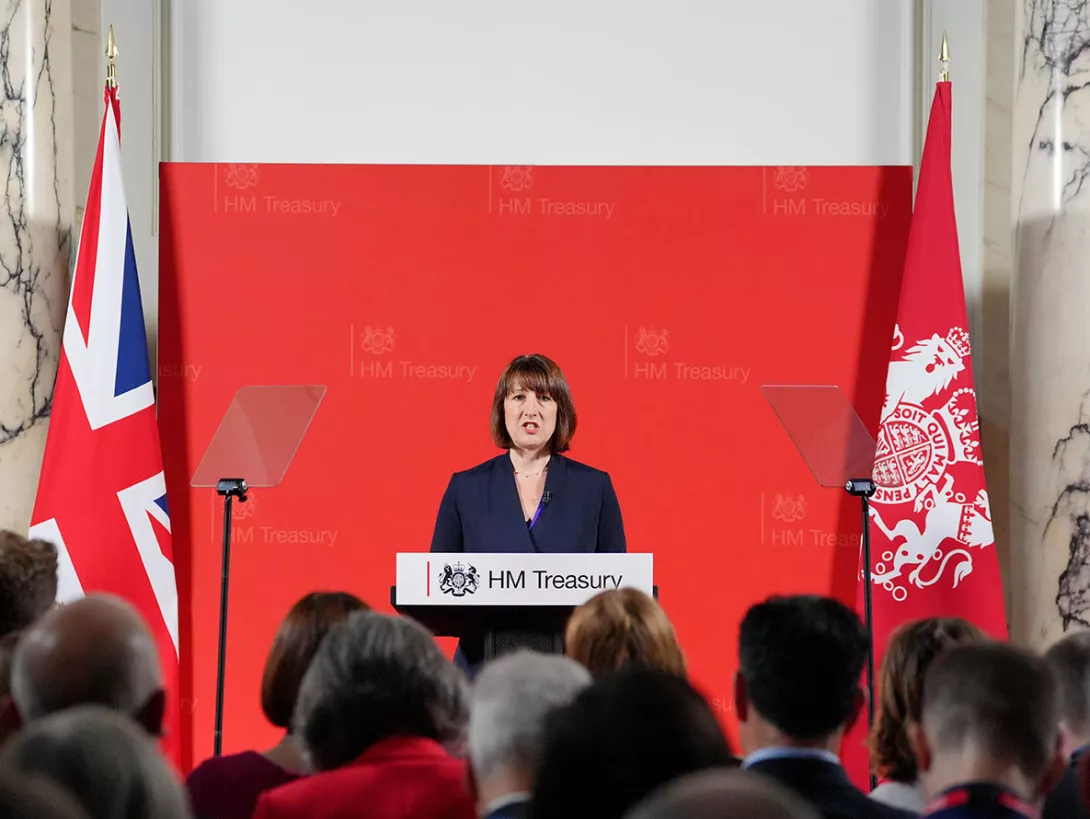
CHANCELLOR Rachel Reeves took aim at vulnerable pensioners as she heralded a new raft of cuts today, aimed at plugging a £22 billion black hole in public finances this year.
After a snap audit, Ms Reeves accused the previous Tory government of “covering up” the true state of the public’s finances, despite the Institute for Fiscal Studies issuing a stark warning ahead of the general election.
Paving the way for a prolonged era of austerity, the Chancellor warned of “difficult decisions" across spending, welfare and tax in the autumn Budget, which will take place on October 30.
More from this author
Similar stories
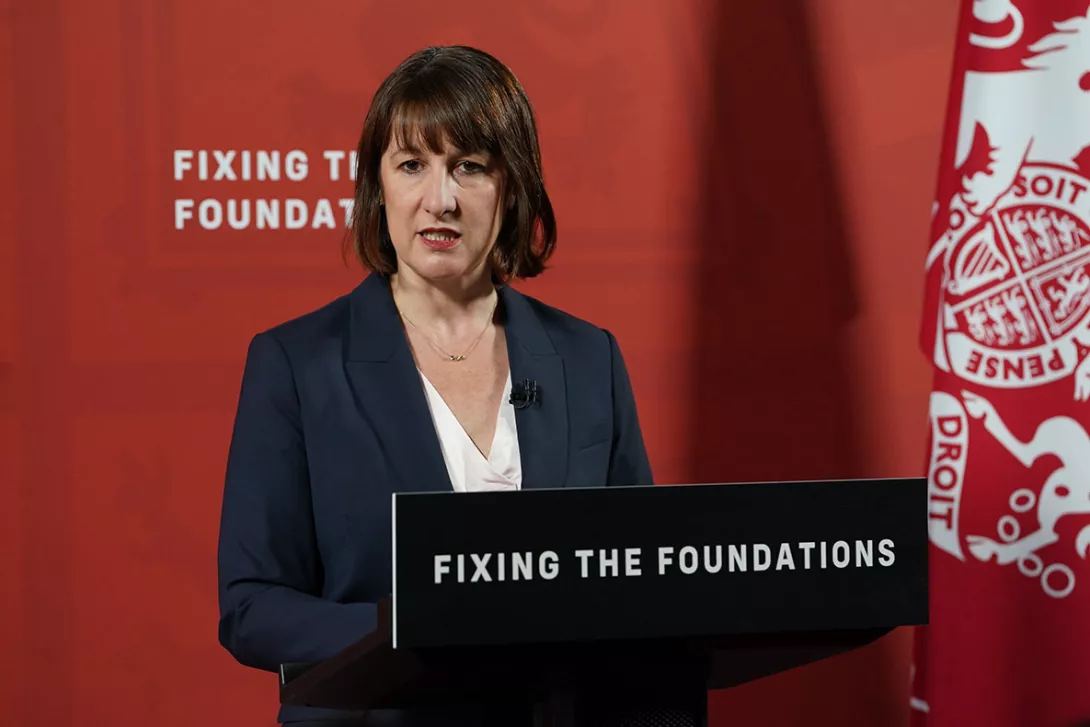
Unite general secretary Sharon Graham calls for wealth tax











